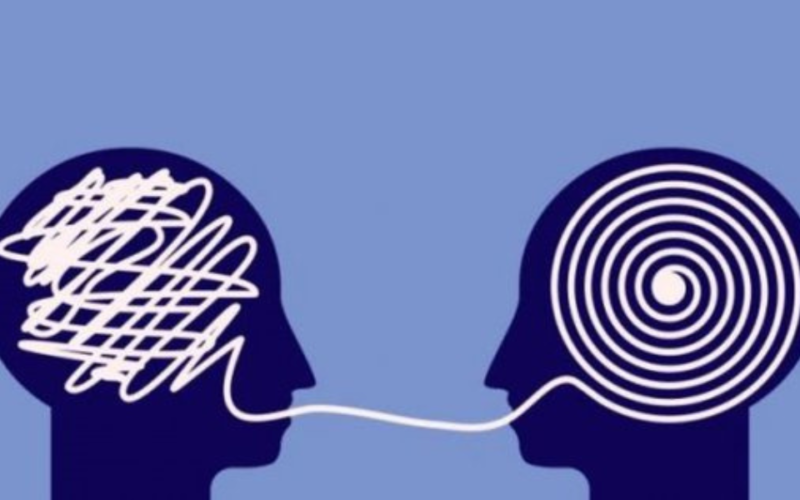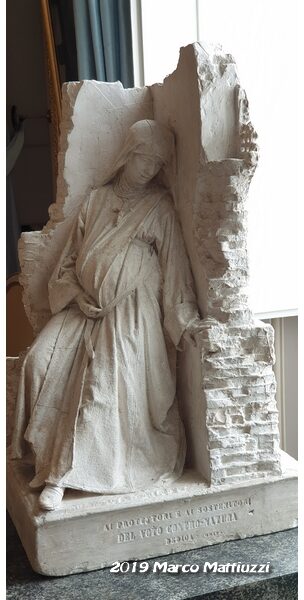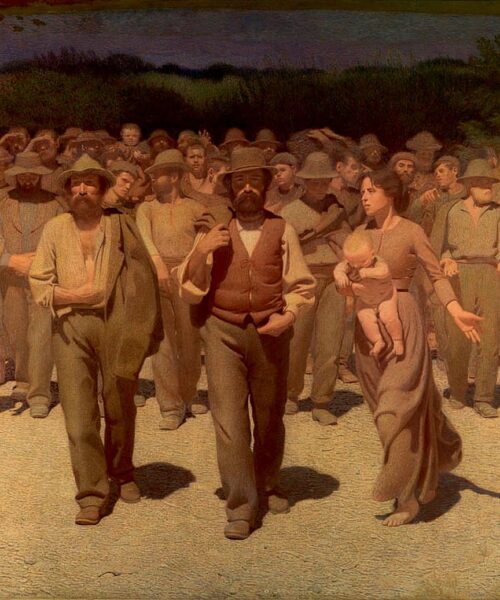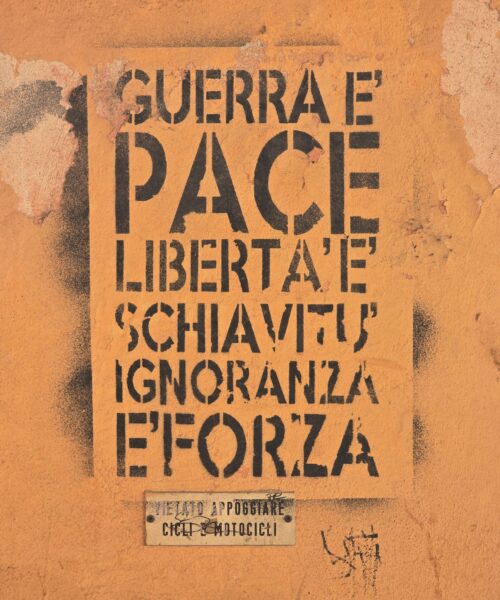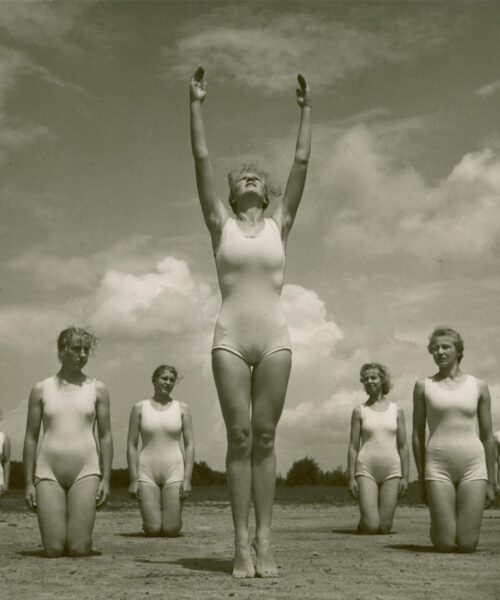In the contemporary era, marked by a growing tide of information where access to knowledge seems to be just a click away, a paradox emerges strongly: despite being immersed in a sea of knowledge, we often swim in the shallow waters of ignorance. In light of this, we might ask ourselves: is an opinion without a solid foundation of knowledge like a building without foundations? It may seem solid, but at the slightest gust of wind, it risks collapsing.
We live in times where expressing an opinion has become an inalienable right, almost a duty. Social media amplify every voice, turning every individual into a potential pundit. But what does it really mean to have an opinion? And are all opinions equally valid?
Turning to philosophical tradition, we find a distinction between doxa and episteme. The former, in Greek philosophy, refers to opinion, to a belief not substantiated by evidence. Episteme, on the other hand, represents true knowledge, founded on a solid and rational basis. From this distinction arises a fundamental question: can an opinion without episteme truly be considered an opinion?
Certainly, every individual has the right to express themselves and to hold personal beliefs. However, demanding that an opinion be respected simply because it has been expressed is not enough. If an opinion is not supported by a solid base of knowledge, it becomes mere assertion, lacking the weight and validity that only analysis and study can confer.
It is thus an epistemological, but also an ethical, matter. In an increasingly complex world, decisions based on unfounded opinions can have serious consequences. This is why it is essential to remember the importance of knowledge, deepening and critical reflection.
In conclusion, in an era where opinion often seems to prevail over knowledge, it is crucial to rediscover the value of deep understanding and to reflect before demanding respect for one’s ideas. Only then can we truly advance in dialogue and mutual understanding, building a society based not on the noise of opinions, but on the solidity of knowledge.

